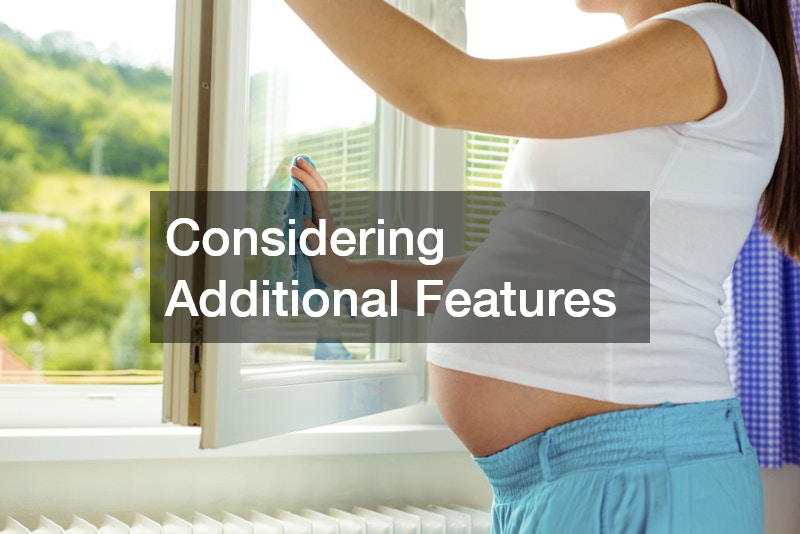Replacement windows are an essential investment that can deliver numerous benefits, from enhanced energy efficiency to improved home value. When considering replacement windows, it’s crucial to understand the different types available, such as double-hung, casement, and sliding windows. Each option provides unique advantages, catering to specific needs and preferences.
Evaluating Costs and Benefits

Investing in replacement windows involves weighing upfront costs against long-term savings. The initial expense can be substantial, but the energy savings over time can offset these costs. Modern replacement windows are designed to improve insulation and reduce energy bills, enhancing comfort and lowering heating and cooling costs.
Additionally, replacement windows can greatly increase the aesthetic value and curb appeal of your property. Well-chosen windows can complement the architectural style of your home, delivering both functional benefits and visual improvements. This can be particularly advantageous when considering resale value, as prospective buyers often prioritize homes with updated features.
Considering Additional Features

When selecting replacement windows, consider additional features that might enhance functionality. Options such as Low-E coatings, multi-pane glass, and gas fills can significantly improve energy efficiency. These features can also help in noise reduction, creating a quieter and more serene home environment.
Moreover, ease of cleaning and maintenance should be factored into your decision. Some window designs, like tilt-in windows, offer convenient cleaning, reducing time and effort. Easier maintenance means that windows can continue to look and function like new for longer, ensuring a worthwhile investment.
